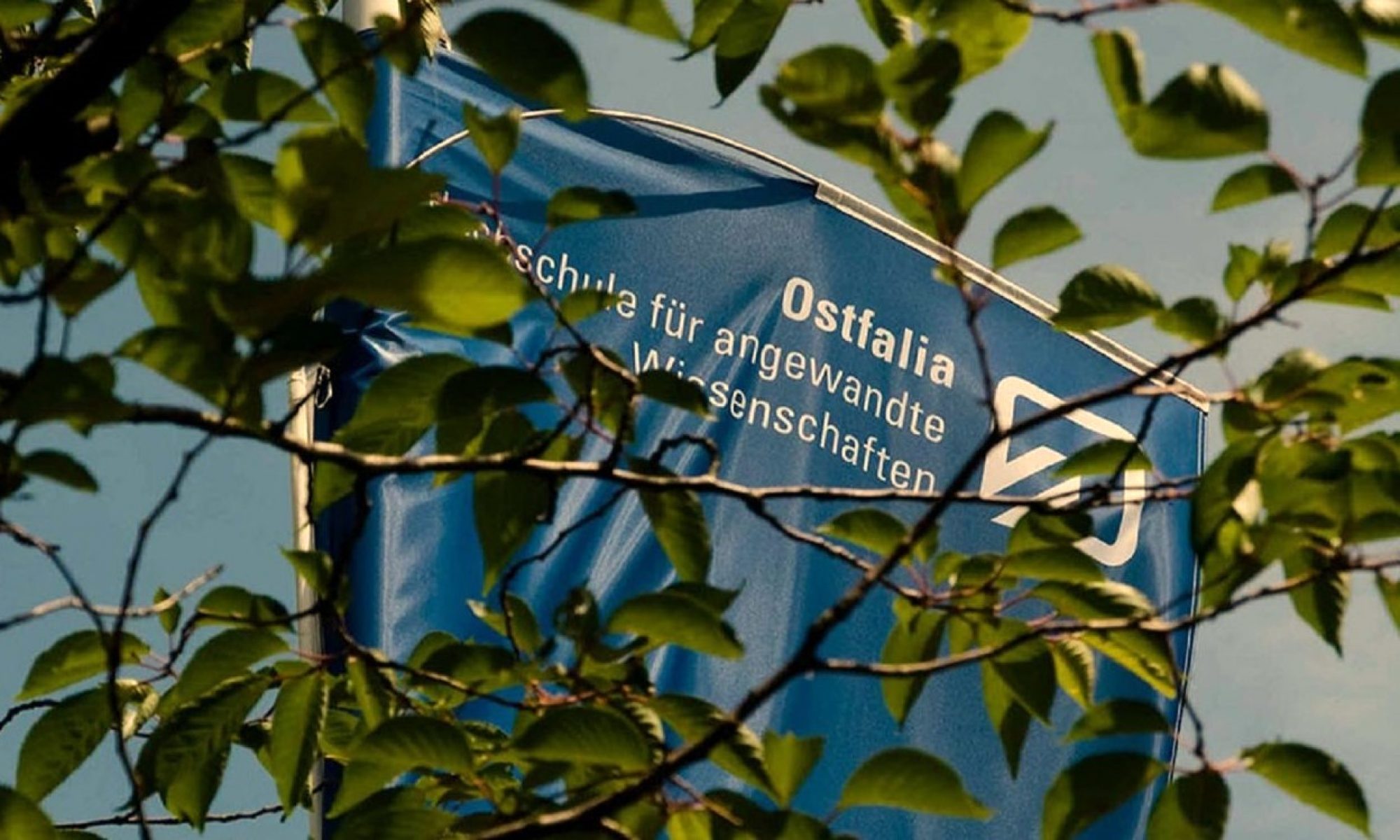Luis Hernández Encinas (a) & Agustín Martín Muñoz (a) & Jaqueline Murillo (b) & Mario Miguel (c)
luis.h.encinas@csic.es; agustin.martin@csic.es; jmurillo@uvaq.edu.mx, mmiguelhe@maristassalamanca.org
(a) Institute of Physical and Information Technologies (ITEFI), Spanish National Research Council (CSIC), 28006 Madrid, Spain
(b) Universidad Vasco de Quiroga, Morelia, Mexico
(c) Maristas School, Salamanca, Spain
Abstract
The transfer of knowledge to society has become increasingly relevant within academia, extending beyond traditional spaces such as conferences, scientific publications or patent development. In this context, the delivery of lectures on cryptography and information security as a service-learning activity represents an excellent opportunity for PhD students and researchers to apply their highly specialized knowledge in a more accessible and socially engaged environment and for the students to acquire competencies and skills useful in their future professional or academic work. Although these students are accustomed to rigorous research and theoretical development, it is not common for them to participate in outreach or training initiatives for nonspecialized audiences. On the other hand, given the growing importance of cybersecurity in today’s society, it is essential that experts in mathematics and cryptography contribute to digital literacy and information protection in different sectors. The massive use of information and communication technologies has brought remarkable advantages in terms of access to knowledge, operational efficiency and instant communication, and has also increased exposure to cyber threats, cyber risks and cybercrimes, which has generated a growing demand for effective information security strategies.
This study presents an activity aimed at various actors in society, including people who, although they have basic knowledge in the use of digital tools, are not familiar with key aspects of cryptography and computer security.
In the specific case of this service-learning experience, it has been successfully implemented in several locations in Mexico, where cryptography experts have worked directly with members of universities and educational centers. The courses taught, the “Cryptography Workshop” and “Gaining Usability and Sustainability in Cybersecurity”, have provided practical tools to improve digital security in different contexts. Qualitative results show how this experience serves students to learn while training a more aware and prepared citizenship to meet the challenges of cybersecurity in the digital age.
Keywords
Cryptography, Information security, service-learning, PhD students
References
Carvalho, S., Carvalho, J. V., Silva, J. C., Santos, G., & Bandeira, G. S. (2023). Concerns about Cybersecurity: The Implications of the use of ICT for Citizens and Companies. Journal of Information Systems Engineering and Management, Vol. 8 (No. 2).
Hernández Encinas, Luis. (2016) “La Criptografía, Colección: ¿Qué sabemos de?” No. 69, CSIC-Catarata, Madrid.
Hernandez Encinas, L., Martín Muñoz, A., Gayoso Martínez, V., Negrillo Espigares, J., Sánchez García, J.I., Castelluccia, C., and Bourka, A. (2015) Online privacy tools for the general public. Towards a methodology for the evaluation of PETs for internet & mobile users, ENISA, 62.
